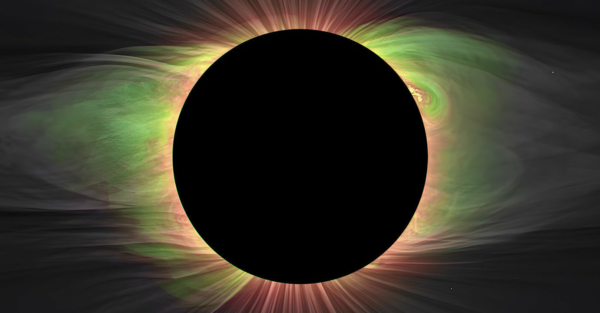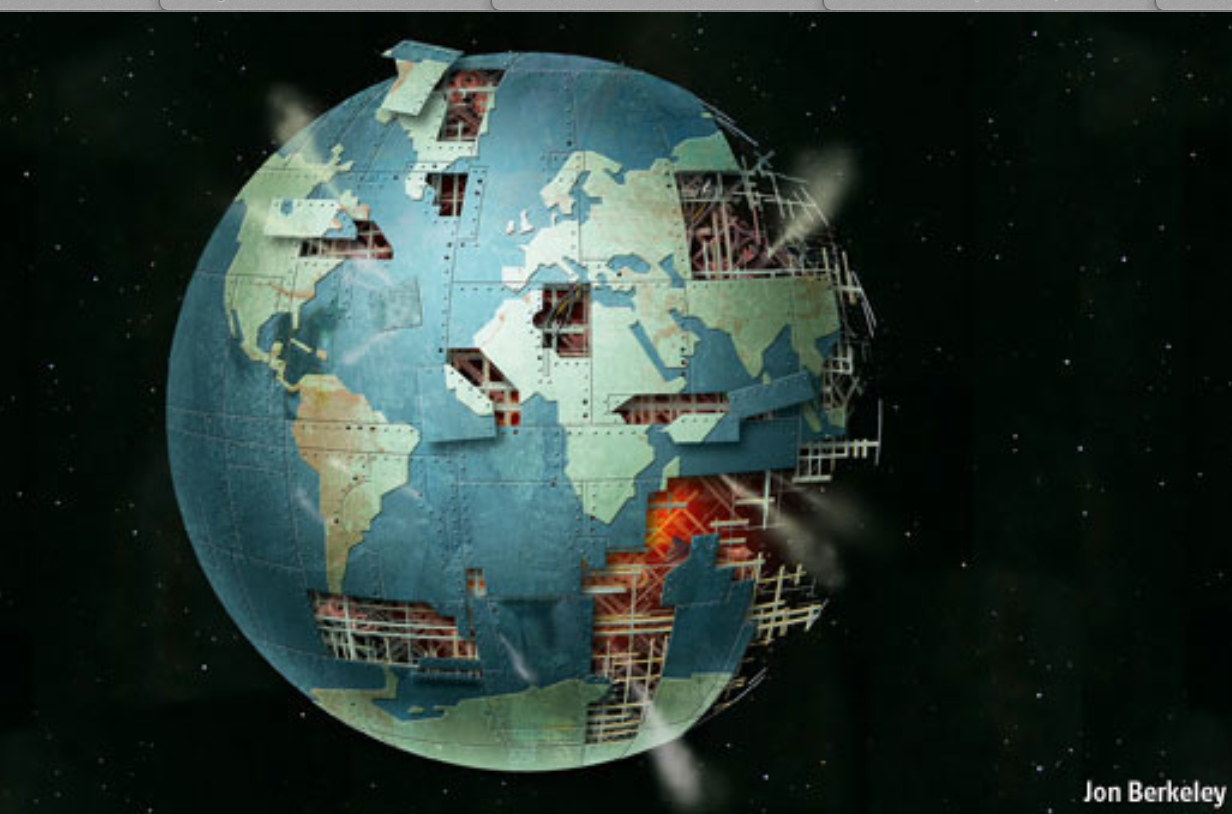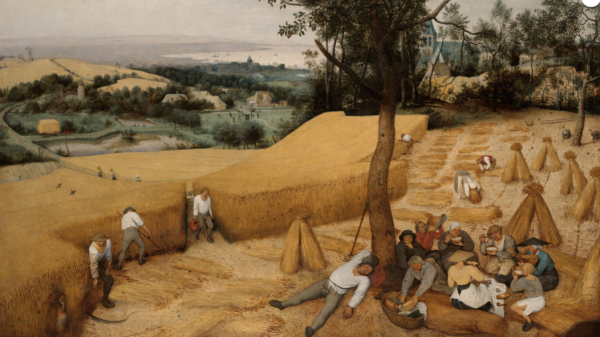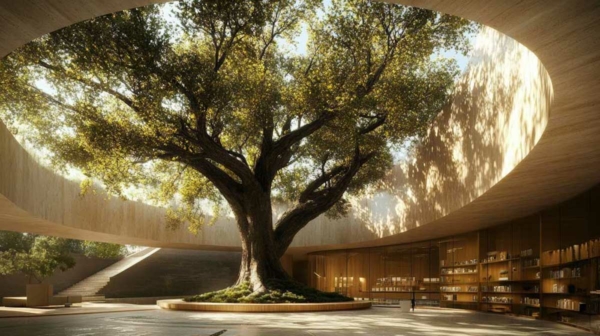
Ce que les images révèlent – CENTQUATRE-PARIS × CEA
Le CENTQUATRE-PARIS accueille, en collaboration avec le CEA, une après-midi exceptionnelle explorant la manière dont les images façonnent notre compréhension…

THINKING THE ANTHROPOCENE
Paris, 13-14-15 November 2013
Jointly organised by Sciences Po, EHESS (Centre Alexandre Koyré), the University of Versailles Saint-Quentin-en-Yvelines, the National Museum of Natural History and the Ministry of Ecology, Sustainable Development and Energy
With the support of Presses de Sciences Po, Editions du Seuil and Fondation Cartier pour l’Art Contemporain
ORGANISING COMMITTEE
Donato Bergandi (MNHN)
Guillaume Blanc (UVSQ)
Christophe Bonneuil (Centre Alexandre Koyré, CNRS & EHESS)
Patrick Degeorges (Ministry of Ecology, Sustainable Development and Energy)
Kari De Pryck (Sciences Po)
François Gemenne (UVSQ / Sciences Po)
Clive Hamilton (Charles Sturt University)
Grégory Quenet (UVSQ)
WEDNESDAY 13 NOVEMBER
Environmental Humanities, a new challenge for research
An event convened by Donato Bergandi, Patrick Degeorges and Grégory Quenet
Note : This event will be held in French
PROGRAM :
14h00-14h10 : Welcome
Thomas Grenon, Director General, National Museum of Natural History
Vincent Graffin; Director of the sustainable development, conservation of nature and expertise
14h30-15h45 : Environmental humanities, a state of the stakes at play
Grégory Quenet, Professor, University of Versailles-Saint-Quentin-en‐Yvelines : État des lieux de la recherche internationale et européenne en humanités environnementales
Donato Bergandi, Professor, National Museum of Natural History : Les humanités environnementales au Muséum national d’Histoire naturelle
Patrick Degeorges, Representative of the Ministry of Ecology, Sustainable Development and Energy Humanités et politiques environnementales
Guillaume Blanc, Post-doctoral fellow, University of Versailles‐Saint-Quentin-en‐Yvelines: Présentation du portail des humanités environnementales réalisé pour le Ministère de l’Ecologie
15h45-16h00 : Break
16h00-17h30 : Which mobilization of the French research community for research in environmental humanities?
Roundtable with the managers of the different axes of the web portal
Discussion with the audience
Conclusion: Presentation of the Paris Declaration for Environmental Humanities with John Crowley, Team Leader, Sector for Social and Human Sciences, UNESCO.
THINKING THE ANTHROPOCENE
14-15 November
An international conference convened by Christophe Bonneuil, François Gemenne and Clive Hamilton
If humankind now rivals the great forces of nature in its impact on the Earth system—so that the history of the Earth and the history of humans have converged—the Enlightenment foundations of the social sciences and humanities are called into question. The conception of the natural world on which sociology, political science, history, law, economics and philosophy rest—that of an inert backdrop to the drama of human affairs—is increasingly
difficult to defend. And in an epoch in which “Gaia” has been reawakened, the “social-only” conceptions of autonomy, agency, freedom and reflexivity that define modernity, and the idea of the human on which these disciplines have been constructed, must be rethought.
This conference is designed to begin the rethinking of the social sciences and humanities demanded by the arrival of the new geological epoch, the “Age of Humans”. It will attempt to open new vistas by drawing together scholars with an intuition that something fundamental has shifted.
Note: This event will be held in English
THURSDAY 14th NOVEMBER
SCIENCES PO, LECTURE HALL CHAPSAL (27 RUE SAINT-GUILLAUME, 75007 PARIS)
14.45-15.00 Welcome address and presentation of the Environmental Humanities programme
Philippe Martin, Minister for Ecology, Sustainable Development and Energy
15.00-15.15 Presentation of the conference
Christophe Bonneuil, François Gemenne, Clive Hamilton
15.15-16.15 Keynote lecture : Will Steffen
Executive Director, Climate Change Institute, Australian National University
The Anthropocene. Living in a new geological epoch Chair : Valérie Masson-Delmotte, CEA Senior scientist, LSCE
16.15-17.30 Which (hi)stories for the Anthropocene?
Earth system scientists tell us that the earth has entered into a new geological epoch, the Anthropocene, born perhaps two centuries ago with the industrial revolution powered by burning fossil fuels. How do we tell ourselves this story of the human species becoming a geological force ?
Who is the «we» that transformed the atmosphere, the biosphere, and even the lithosphere ? Are the categories of race, class and gender to be replaced by the human species as the object of history ? Are we moving from a “simple modernity” in which we did not think enough about the environmental impact of human technical and industrial actions, to a new more reflexive modernity ? Or should we abandon this progressive narrative and rather revisit the environmental reflexivities of the past, understand how early warnings may have been silenced so as to disinhibit the Modern ?
How can historians rethink time and historicity when historical time has merged with the deep time of the Earth?
Christophe Bonneuil, CNRS Research Fellow, Centre Alexandre Koyré, EHESS : A time for stories. Anthropocene, the Earth, History, and us.
Alf Hornborg, Professor, Human Ecology Division, Lund University : Let Us Not Throw Out Power with the Bathwater: Rescuing the Social in Post-Cartesian Understandings of the Biosphere
Jean-Baptiste Fressoz, CNRS Research Fellow, Centre Alexandre Koyré, EHESS : Entering the Anthropocene knowingly. Six grammars of environmental reflexivity around 1800
Chair: Grégory Quenet, Professor, University of Versailles-Saint-Quentin-en-Yvelines
17.30-18.00 Break
18.00-19.15 Political futures: collapse, violence and democracy in the Anthropocene
Will climatic and ecological emergencies and resource penury lead to authoritarian political regimes ? Or can scarcity and transition enhance strong democracy at local and global levels ? How can we rethink democracy while avoiding externalizing its material basis ? How can we compose a common
world that includes the non-human elements of Gaia ? How can we reconcile the timescales of the planet with the political timescales of decision-making? Can utopian political visions survive in the Anthropocene, or will the imperatives of survival render all yearning for total liberation, indefeasible freedom and universal justice to be the naïve dreams of modernity ? How can we explain that our societies know about the global ecological crisis but keep nevertheless locked in a politics of unsustainability ?
Ingolfur Blühdorn, Reader in Politics and Political Sociology, Bath University : The Sustainability of Democracy : Does the Anthropocene represent a challenge to democratic governance ?
Luc Semal, Research fellow, CERAPS, Institute for Political Studies, Lille : Anthropocene and green political theory: constraints and perspectives for post growth democracies
Yves Cochet, Member of the European Parliament, Former Minister of the Environment : Local Simple States
Chair: François Gemenne, Associate expert, CERI-Sciences Po; Research fellow, UVSQ / ULg
19.15-20.45 Keynote lecture : Peter Sloterdijk Professor, University of Art and Design, Karlsruhe
Discussants:
Clive Hamilton, Professor, CAPPE, Charles Sturt University
Bruno Latour, Professor, Sciences Po
FRIDAY 15th SEPTEMBER
9.00- 9.15 Welcome address
Gilles Boeuf, President of the National Museum of Natural History
9.15-10.15 Keynote lecture: Clive Hamilton
Professor, CAPPE, Charles Sturt University and University of Melbourne : Human destiny in the Anthropocene
Chair: Oliver Morton, Briefings Editor, The Economist
10.15 -10.45 Break
10.45-12.15 What does the Anthropocene do to philosophy and theology ?
What does the advent of the new epoch mean for our conceptions of the human being ? Can the Enlightenment vision of the human as the being with a special capacity of world-making and spontaneity, and so the modern project of progressive self-liberation, be sustained ? Is it still our prerogative to create worlds of meaning, the ‘objective spheres we experience as beautiful, moral, and true’ ? Or is the Anthropocene a profound challenge to all human-centred thinking so that we arrive in the midst of conditions that we played no conscious part in determining ? If so to be human is to be gifted not with reason or creative spontaneity but with a special sort of receptivity. The Anthropocene invites us to discover the mutual dependence of the human on the cosmos and the cosmos on the human. Instead of the world-making being of Modernity, the deep entanglement of our future with that of the earth imposes on us recognition of our essential receptivity. Is it true, as Heidegger claimed, that ‘only a god can save us’ ?
Jean-Pierre Dupuy, Professor, Stanford University; Professor Emeritus, Ecole Polytechnique : Playing God and the Artificialization of Nature
Virginie Maris, CNRS Research fellow, CEFE, Montpellier : Back to the Holocene: A conceptual, and possibly practical, return to a nature not intended for humans.
Michael Northcott, Professor, University of Edinburgh : Cosmopolitical Ethics in the Anthropocene.
Chair: Patrick Degeorges, Representative of the Ministry of Ecology, Sustainable Development and Energy
12.15-13.15 Keynote lecture : Bruno Latour Professor, Sciences Po
Chair: François Gemenne, Associate expert, CERI-Sciences Po; Research fellow, UVSQ / ULg
13.15-14.45 Lunch
14.45-16.15 Who counts and acts in the Anthropocene? Agency, reflexivity and accountability in the time of “Gaia”
If humans now rival the great forces of nature, “Gaia” has her own designs and can no longer be regarded as unresponsive to human provocation. In the Anthropocene can it still be claimed that agency belongs to humans alone? How are the social sciences questioned by the anthropocène in their conception of agency ? And who is this “Anthropos” in the Anthropocene ? How are the issues of responsibility and liability reframed ?
Bronislaw Szerszinski, Senior Lecturer, Department of Sociology, Lancaster University : Decision CC87966424/4 : The Onomatophore of the Anthropocene
Isabelle Stengers, Professor, Free University of Brussels : Thinking now: Escaping the black hole rhetoric of the Anthropocene
François Gemenne, Associate expert, CERI-Sciences Po; Research fellow, UVSQ / ULg : Agency and responsibility: The Anthropocene and its victims
Chair: Agnès Sinaï, Journalist, Founder and President, Institut Momentum
16.15-16.45 Break
16.45-18.30 Representing the Anthropocene
Our response to global changes is also shaped by our representation of these changes. How can we represent these changes to ourselves, and communicate about them ? How can art, technology and media help us represent this new epoch to ourselves ?
Showing of the movie EXIT (Fondation Cartier, Diller & Scofidio + Renfro, Laura Kurgan, Mark Hansen, Ben Rubin)
Roundtable with :
Mark Hansen (tbc), Professor of Journalism, Columbia University
Oliver Morton, Briefings Editor, The Economist
Grégory Quenet, Professor, University of Versailles-Saint-Quentin-en-Yvelines
Narratives of Change. An experiment in digital history.
Bruno Latour, Professor, Sciences Po
Bernd M. Scherer (tbc), Director, Haus der Kulturen der Welt, Berlin
Chair: Donato Bergandi, Professor, National Museum of Natural History
18.30-19.00 Conclusions:
Clive Hamilton, Professor, CAPPE, Charles Sturt University
Bruno Latour, Professor, Sciences Po
Chair: Christophe Bonneuil
THINKING THE ANTHROPOCÈNE
Paris, les 13, 14 et 15 Novembre 2013
NATIONAL MUSEUM OF NATURAL HISTORY, GRANDE GALERIE DE
L’EVOLUTION
Jardin des Plantes
36 Rue Geoffroy Saint Hilaire 75005 Paris
Le CENTQUATRE-PARIS accueille, en collaboration avec le CEA, une après-midi exceptionnelle explorant la manière dont les images façonnent notre compréhension…
Le Collegium Helveticum accueille Tim Ingold pour une conférence exceptionnelle proposant de repenser la place de l’humain face aux crises…
Face à l’urgence climatique, les musées sont de plus en plus nombreux à vouloir agir — sans toujours savoir par…

